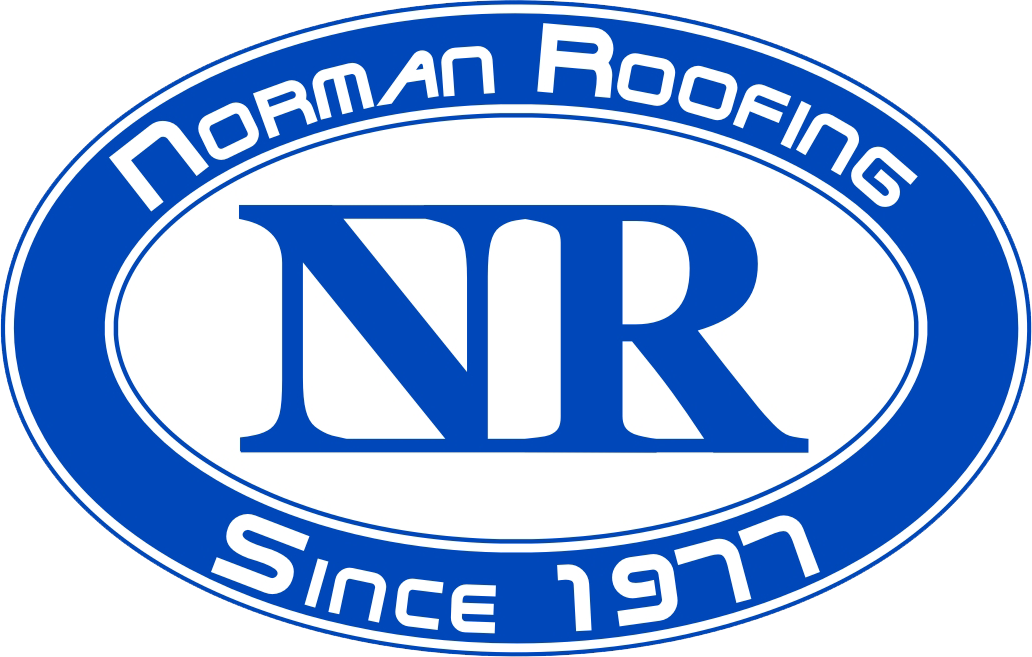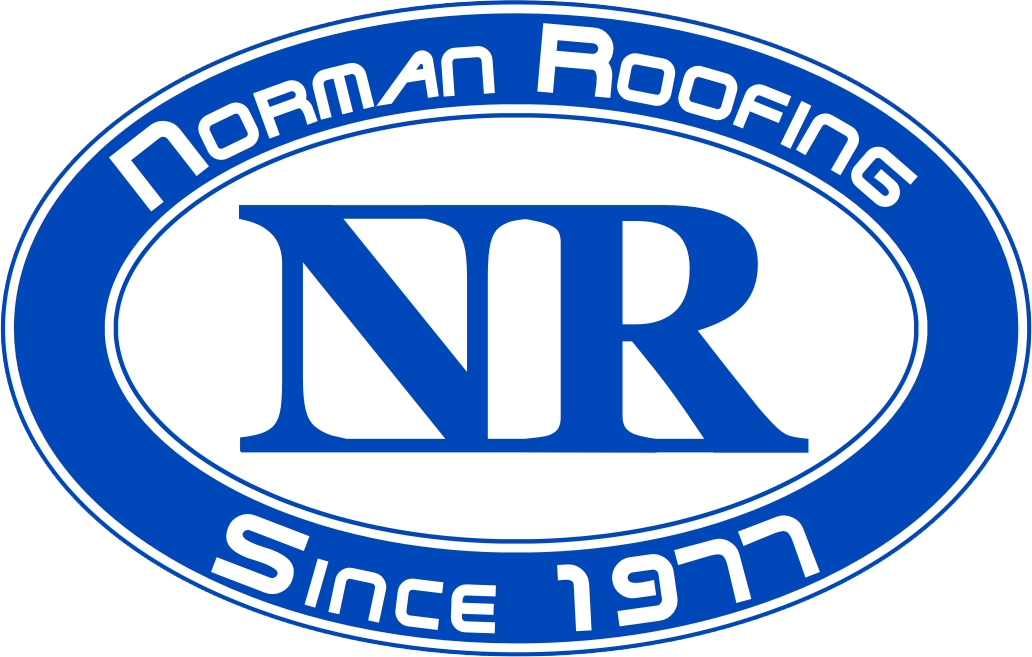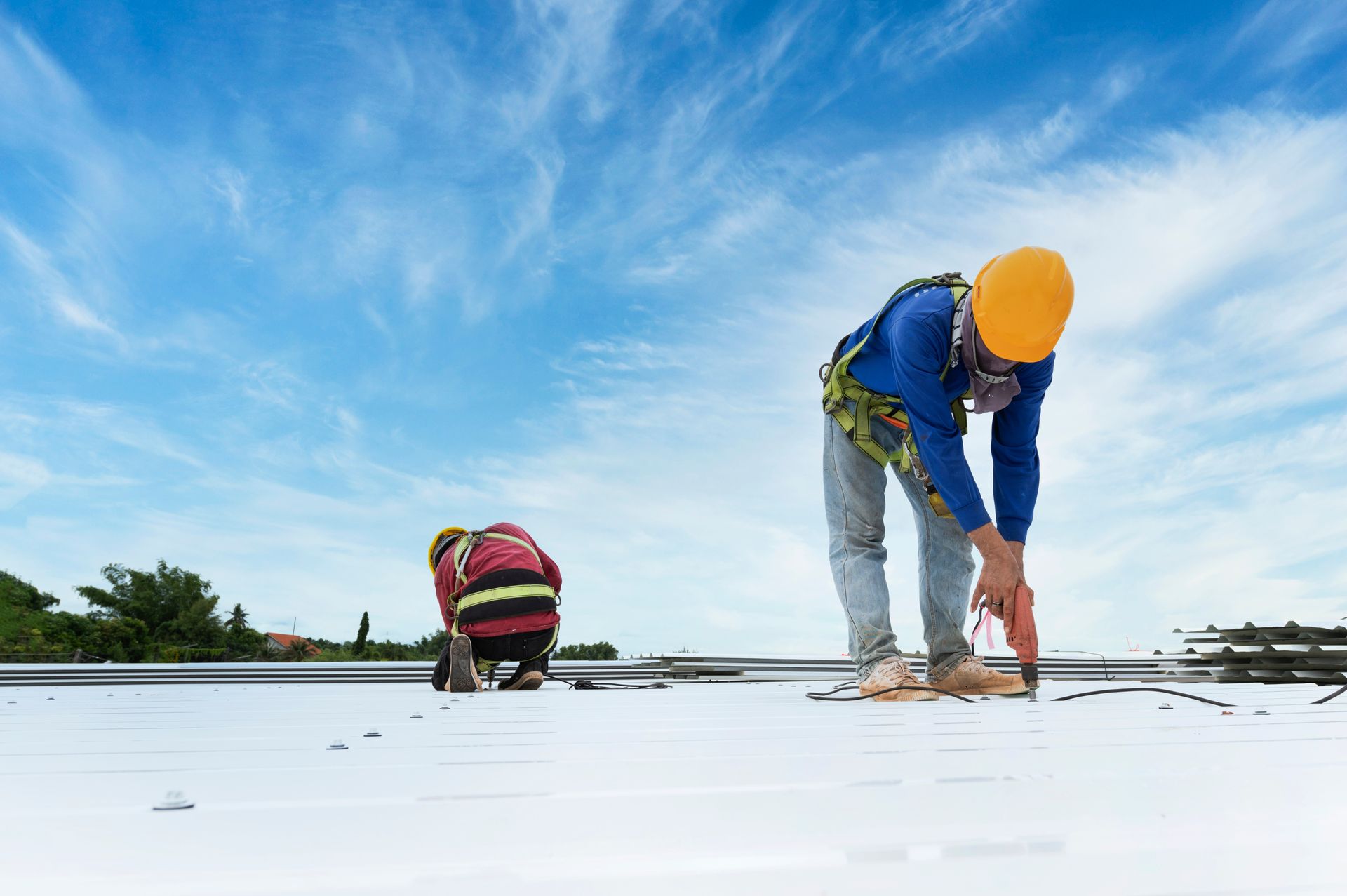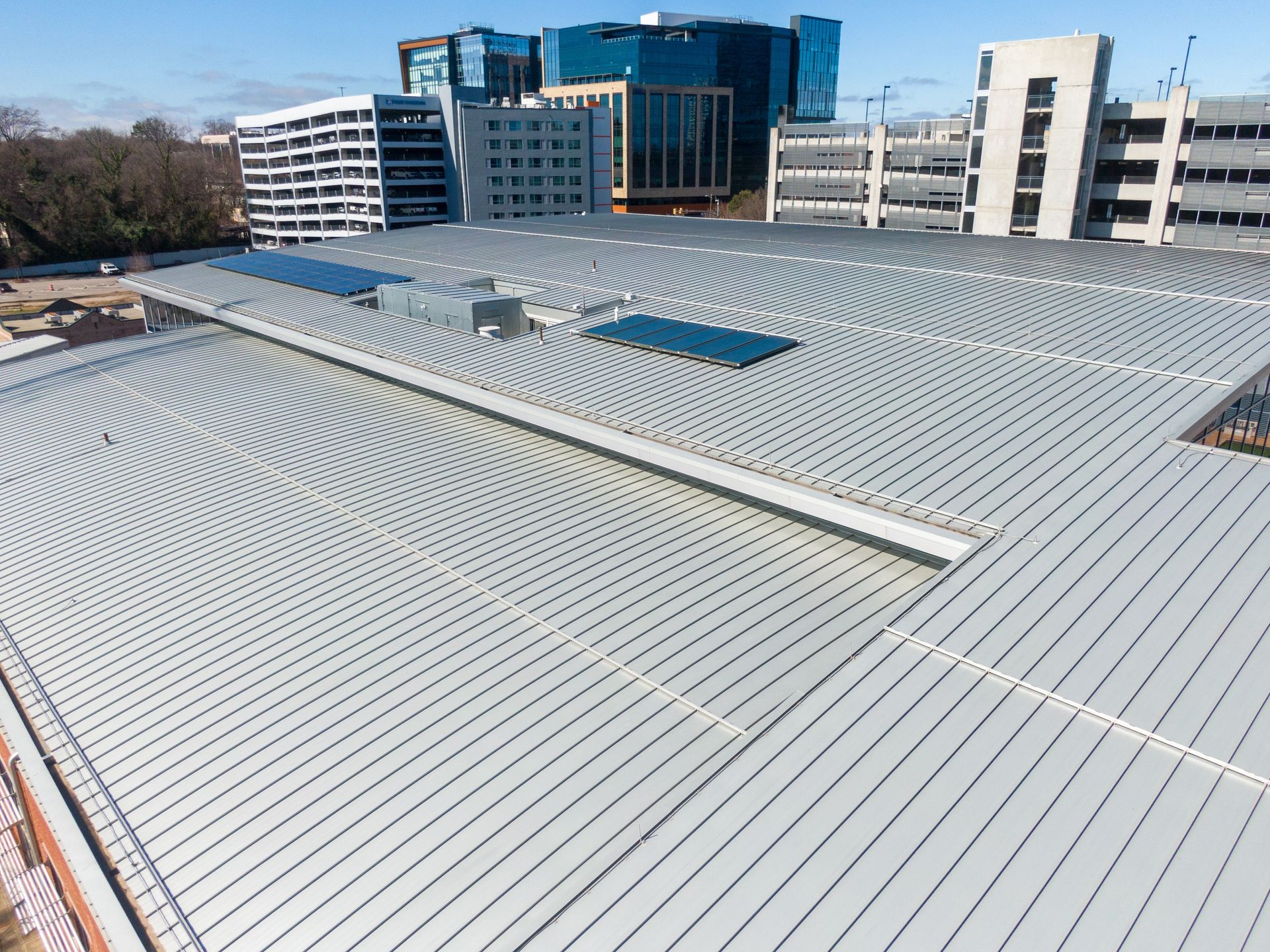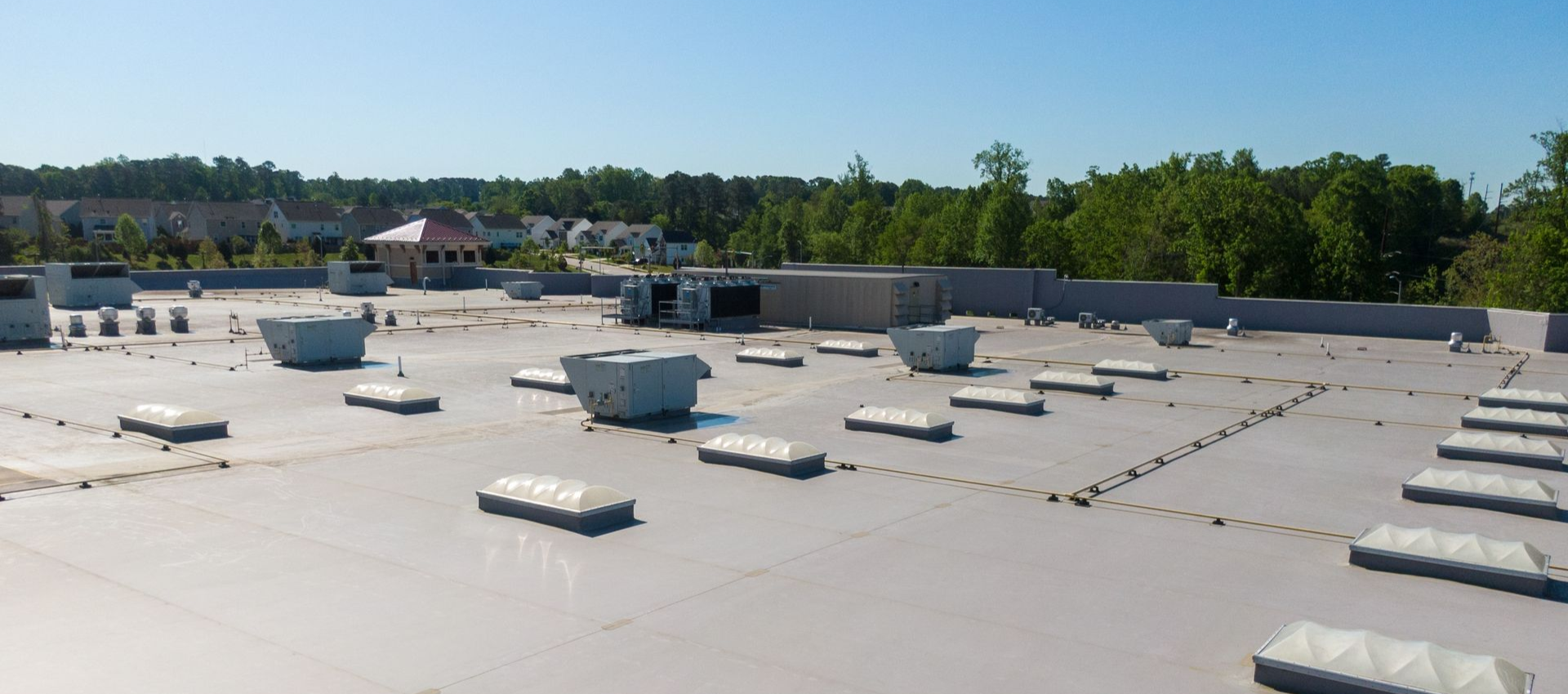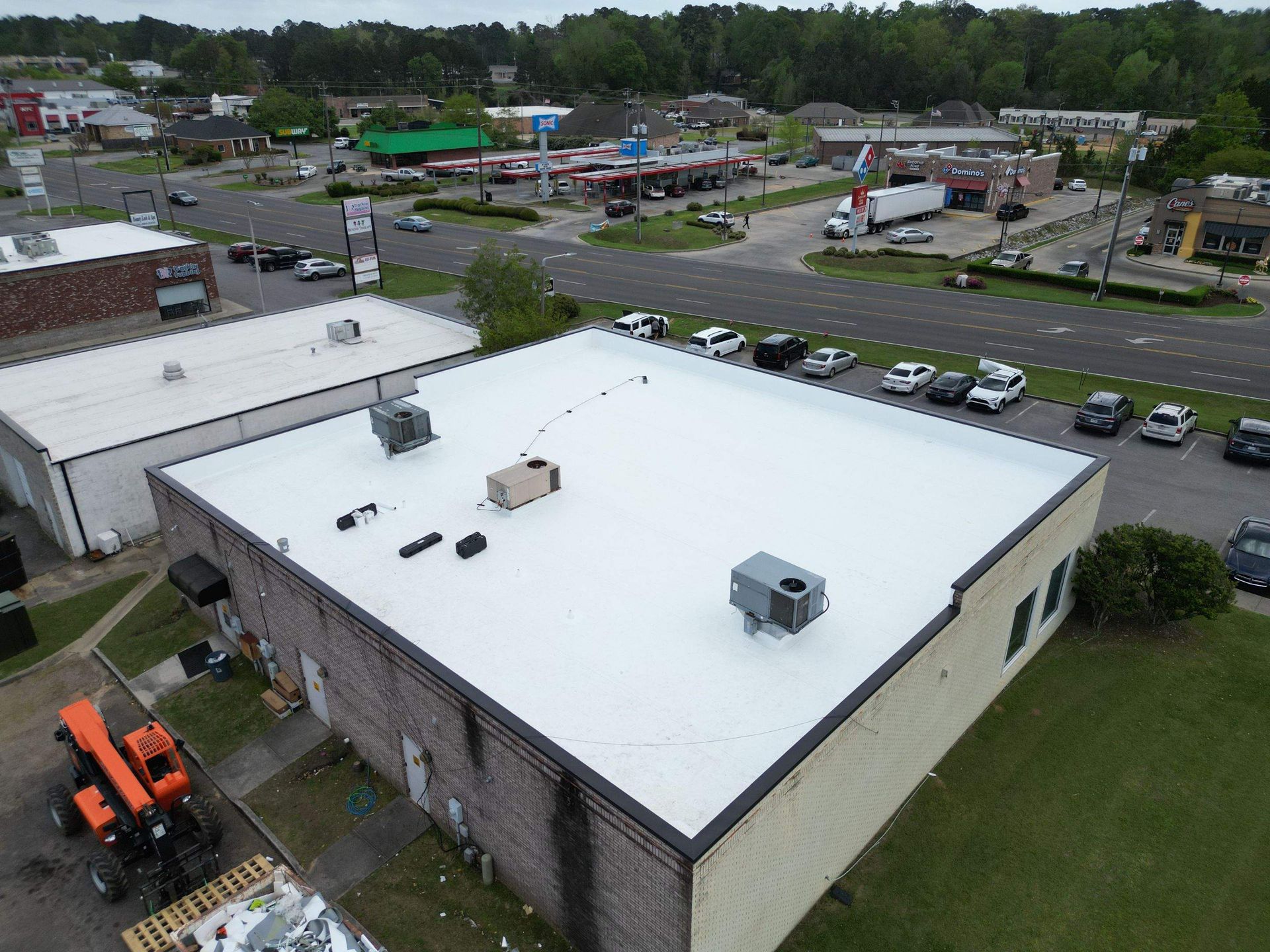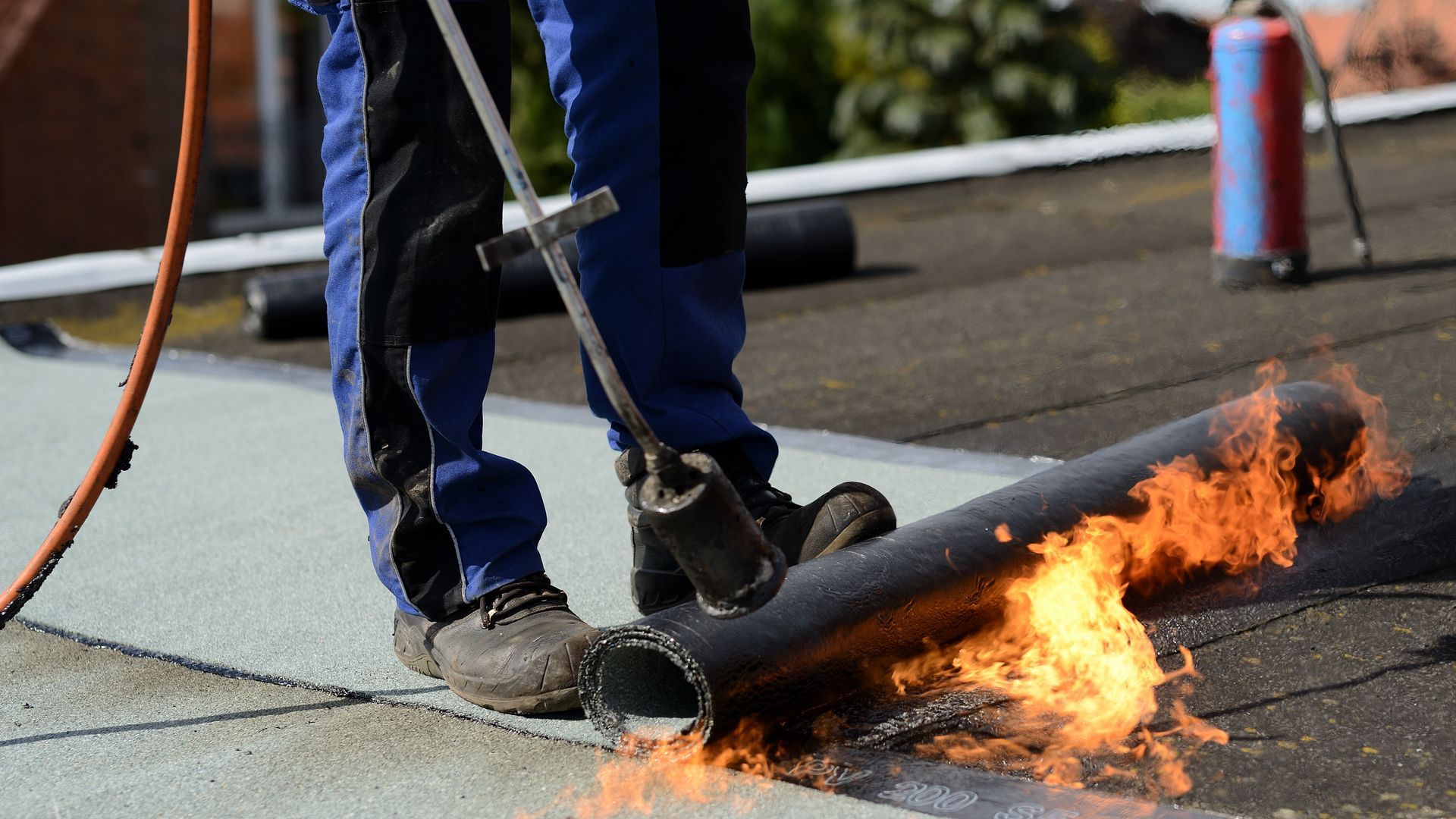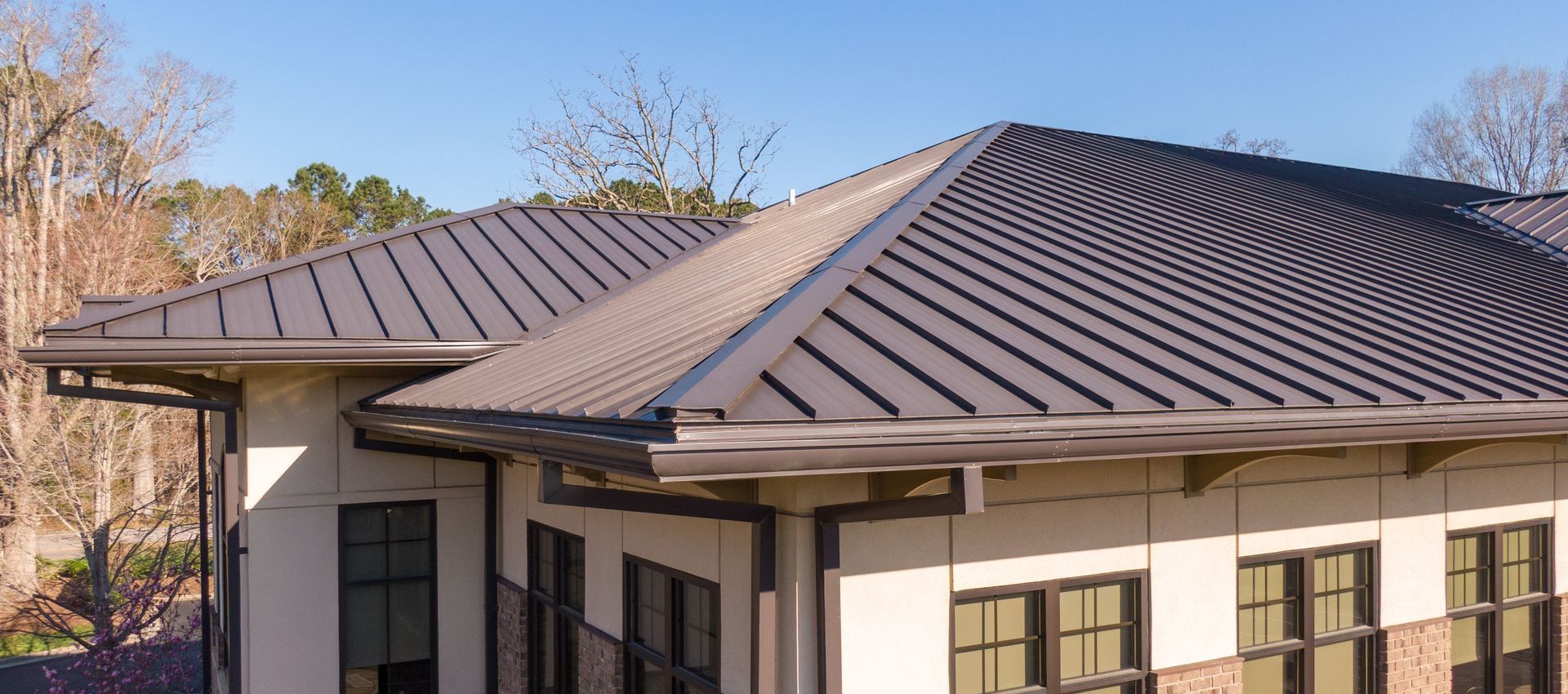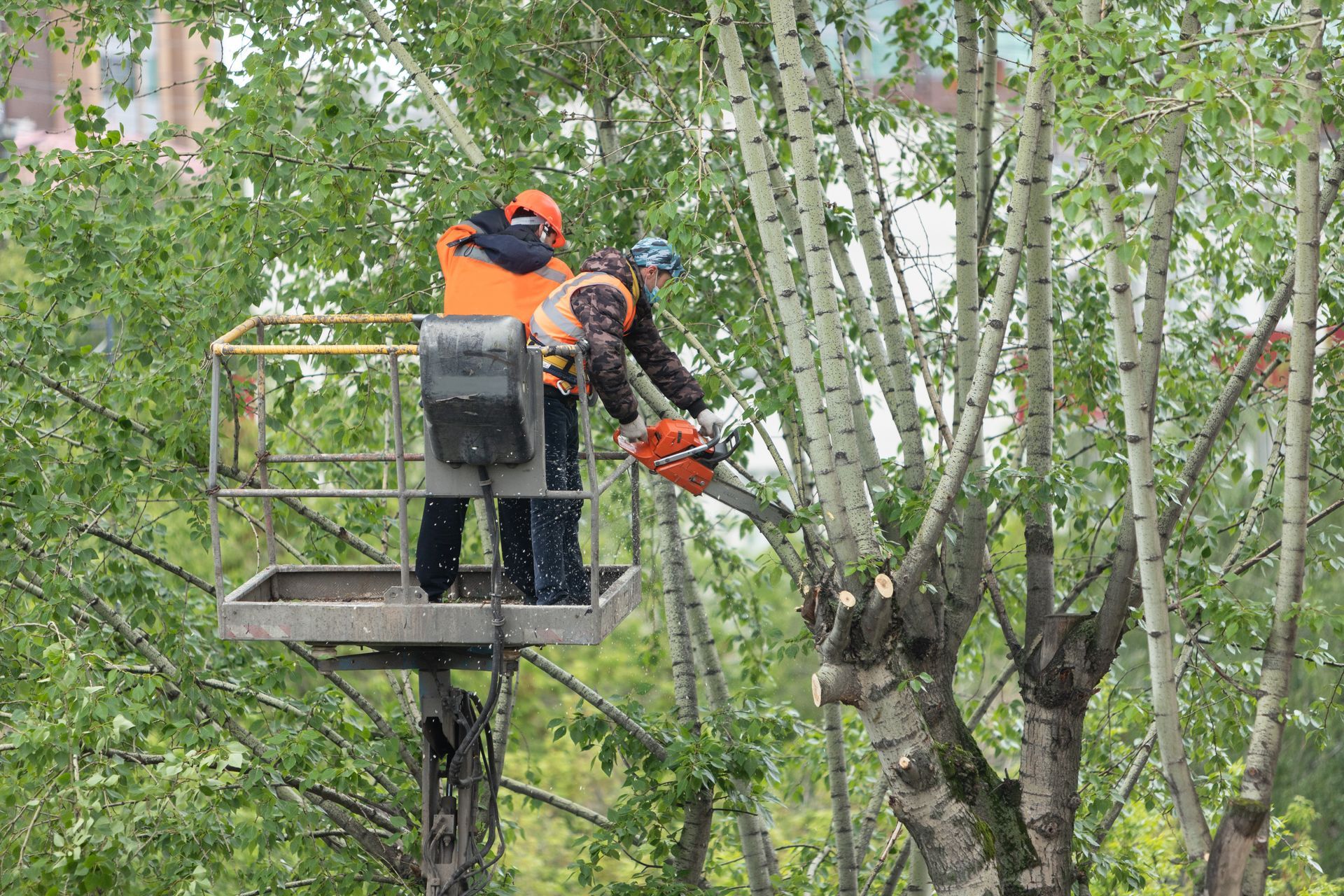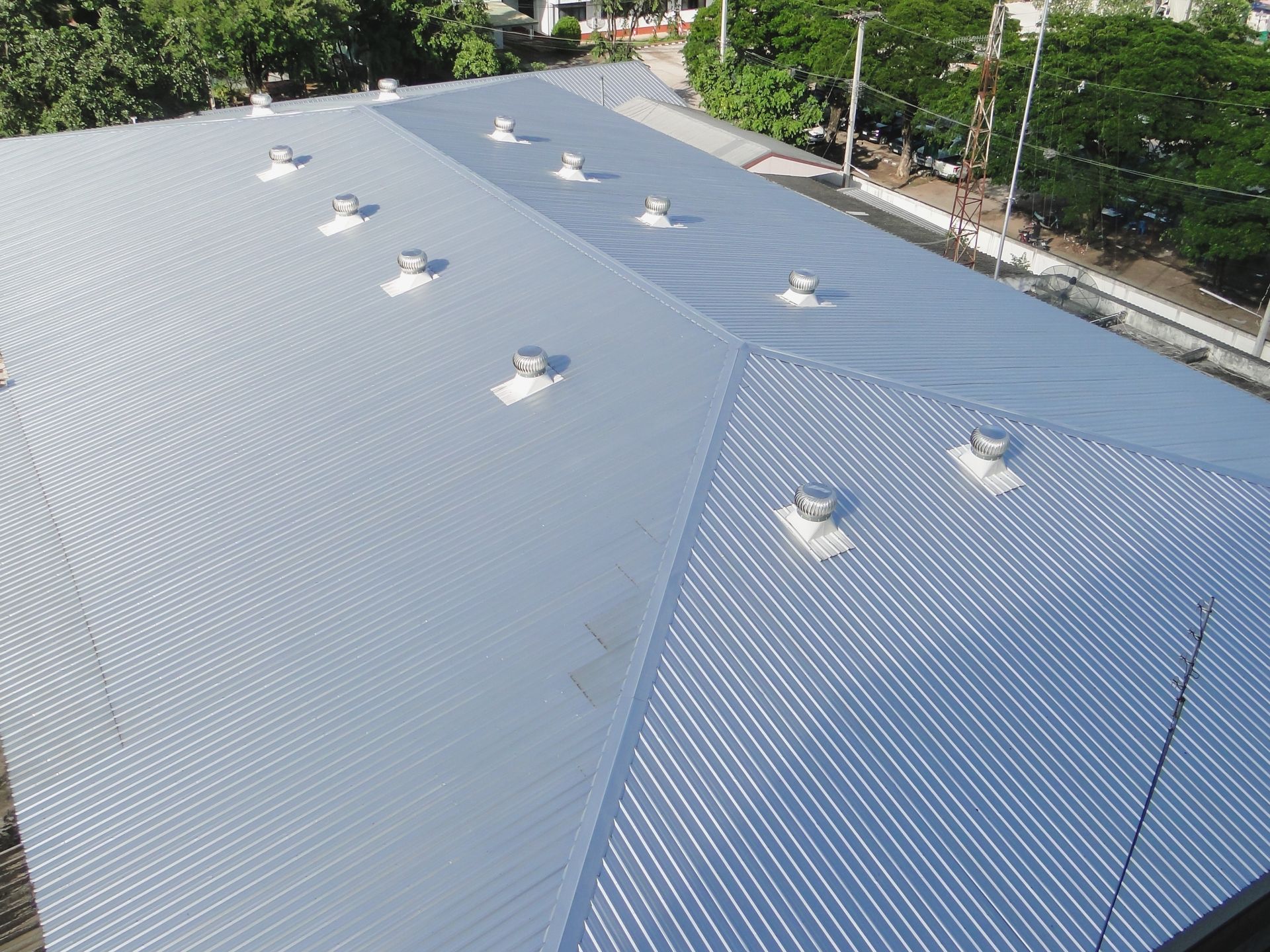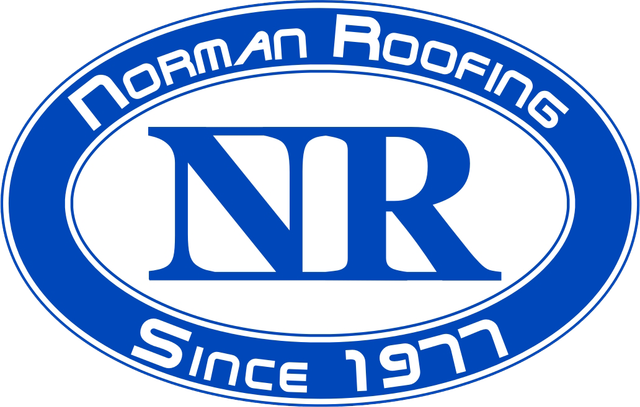Do Low-Slope Roofs Perform Well in Hurricanes?
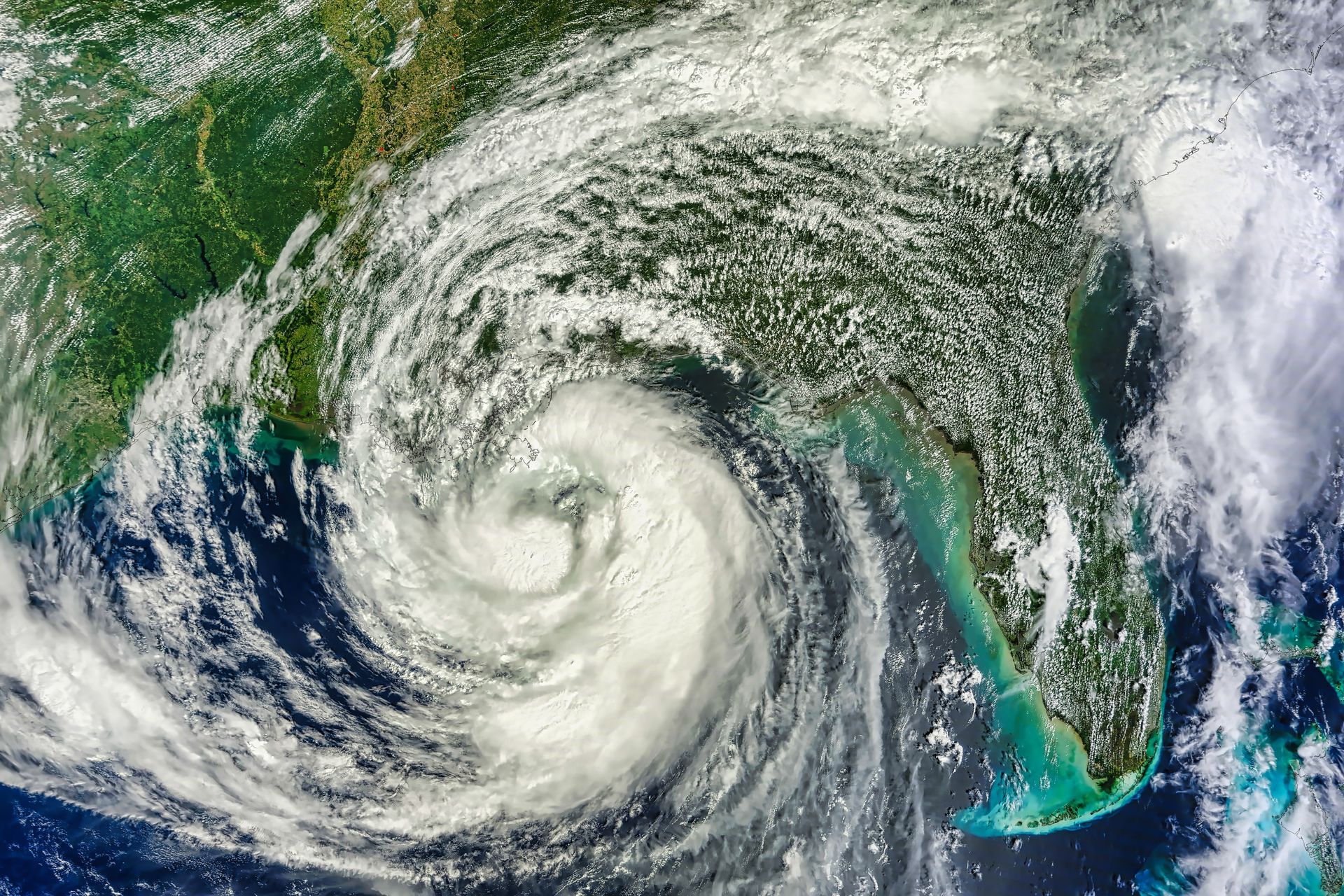
When it comes to protecting your business during a hurricane, your roofing system plays a critical role. Low-slope roofs are a popular option for commercial buildings due to their cost-effectiveness, ease of maintenance and modern appearance.
But do they hold up when hurricanes hit? With wind uplift, heavy rain and flying debris threatening structural integrity, it’s essential to understand how low-slope roofs perform under extreme conditions, so you can make an informed decision when it comes to your business’s roofing.
Excellent at Combating Wind Uplift
Due to their shallow angles, low-slope roofs hold up well against the aggressive winds of a hurricane. While their seams are vulnerable to damage, they are less likely to experience wind uplift. When wind uplift occurs, the roof can lift or even detach from the building.
Wind uplift is more common with steeply pitched roofs. Their vertical design does not allow for wind to easily pass over the roof, creating lots of force and possibly leading to detachment. However, low-slope roofs help deflect wind rather than resisting it. This makes them an ideal choice for areas along the coast that experience seasonal hurricanes.
Material Makes a Difference
Low-slope roofs tend to be made with weather-resistant materials. Due to their low pitch, they are slower to drain, making them more prone to water accumulation. To help prevent leaks and water damage, these roofs are made with waterproof materials that perform well in hurricanes.
Modified bitumen, TPO, PVC or EDPM
have excellent seals that help block out rain. This feature is beneficial during hurricane season when heavy rains occur. Additionally, these types of roofs are durable in harsh weather, making them a strong candidate for businesses in hurricane-prone areas.
Low-slope metal roofs also perform well in extreme weather conditions. They hold up well against flying debris and are able to shed water quickly. Metal roofs also offer excellent protection when it comes to wind. They can even withstand speeds of up to 140 miles per hour. While they tend to be noisier during storms, they are a solid choice when it comes to protecting your business’s structure.
Proper Installation Is Key
While low-slope roofs perform well in hurricane conditions, they require proper installation. The roofing systems must be attached to the roof deck correctly to avoid uplift during severe winds and weather. Seams must be tight and flashing must be installed properly to avoid leaks that can weigh down the roof and cause extensive damage.
If low-slope roofs are not installed properly, they can become dislodged. When this occurs, roofing material can fall and cause serious harm. These types of roofing systems should always be installed by a roofer familiar with low-slope roofs.
Regular Maintenance Is Necessary for Success
Routine maintenance is essential for keeping low-slope roofs in good condition, especially ahead of hurricane season. Due to their shallow pitch, these roofs are more prone to water pooling and debris accumulation, which can lead to drainage issues and structural stress if not addressed.
Cracks, punctures or deteriorating sealants can also go unnoticed without routine inspections, increasing the risk of leaks and wind damage during a storm. By performing regular maintenance, business owners can ensure their roof will remain resilient when it's needed the most.
Some common types of maintenance include:
- clearing drains
- checking for membrane damage
- resealing vulnerable areas
It is always important to have routine maintenance conducted by a professional roofer. They have the expertise to identify and address potential issues that may not be visible to an untrained eye.
Professional roofers can ensure that all components of the roofing system are secure, sealed and up to code, reducing the risk of failure during extreme weather. A thorough inspection can help extend your roof’s lifespan and protect your investment.
Considering a Low-Slow Roof? Contact Us Today!
Considering low-slope roof installation? Our team of expert roofers at Norman Roofing can help! Located in Meridian, we’ve been serving communities across Mississippi and Alabama for 48 years.
We not only perform roof installations, but we also offer emergency roofing services. For more information, give us a call at 601-483-4079. To learn more about our roofing options, visit our website by clicking the link
here.

